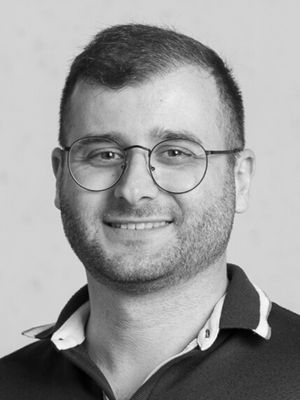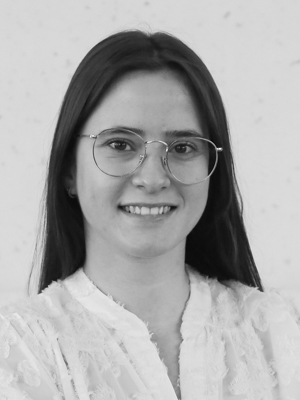
Molecular determinants of granuloma formation in lung disease
Sarcoidosis is a multisystemic granulomatous disease of unknown aetiology with lung involvement in most cases. The pathological hallmark of sarcoidosis is the formation of non-necrotizing granulomas incited by the accumulation of activated macrophages and T-cells, and the local production of proinflammatory cytokines. Despite their clinical significance to sarcoidosis, the molecular and cellular sequences of events promoting macrophage aggregation and transformation into epithelioid cells that initiate and maintain granulomas remain elusive. We aim to elucidate the molecular mechanisms that activate and regulate granuloma formation in sarcoidosis, by resorting to a translational approach combining cutting-edge research tools, advanced preclinical cellular and animal models, and human patients. In particular, we propose to resolve the immunometabolic signatures that drive granuloma formation, define the contribution of metabolic profiles to immune cell function during granulomatous inflammation; and map novel immunometabolic candidates of genetic susceptibility to sarcoidosis. We expect thus to reveal essential pathogenetic mechanisms underlying granulomatous inflammation, and identify new therapeutic solutions for sarcoidosis.
Funding Agency
Fundação para a Ciência e a Tecnologia
Project Reference
PTDC/MED-OUT/1112/2021
Project Members


Cristina Cunha

Egídio Torrado

Diana Ribeiro

Relber A. Gonçales

Marcela Oliveira

Cátia Rodrigues
Main Project Outcomes
S. Queirós, “Right ventricular segmentation in multi-view cardiac MRI using a unified U-net model”, in E. Puyol Antón et al. (eds) Statistical Atlases and Computational Models of the Heart. Multi-Disease, Multi-View, and Multi-Center Right Ventricular Segmentation in Cardiac MRI Challenge. STACOM 2021. Lecture Notes in Computer Science, vol 13131, pp. 287-295, Springer, Cham, 2022.
“Best Paper Award in the M&Ms-2 Challenge”, by M&Ms2 Challenge organizers and the Medical Image Computing and Computer Assisted Intervention (MICCAI) Society.



Contact us
Phone: +351 253 604 967
Fax: +351 253 604 809
Email: icvs.sec@med.uminho.pt
Address
Life and Health Sciences
Research Institute (ICVS)
School of Medicine,
University of Minho,
Campus de Gualtar
4710-057 Braga
Portugal

Copyright ©2022 ICVS. All Rights Reserved



Copyright ©2022 ICVS. All Rights Reserved
Address
Life and Health Sciences
Research Institute (ICVS)
School of Medicine,
University of Minho,
Campus de Gualtar
4710-057 Braga
Portugal



Copyright ©2022 ICVS. All Rights Reserved
Address
Life and Health Sciences
Research Institute (ICVS)
School of Medicine,
University of Minho,
Campus de Gualtar
4710-057 Braga
Portugal


